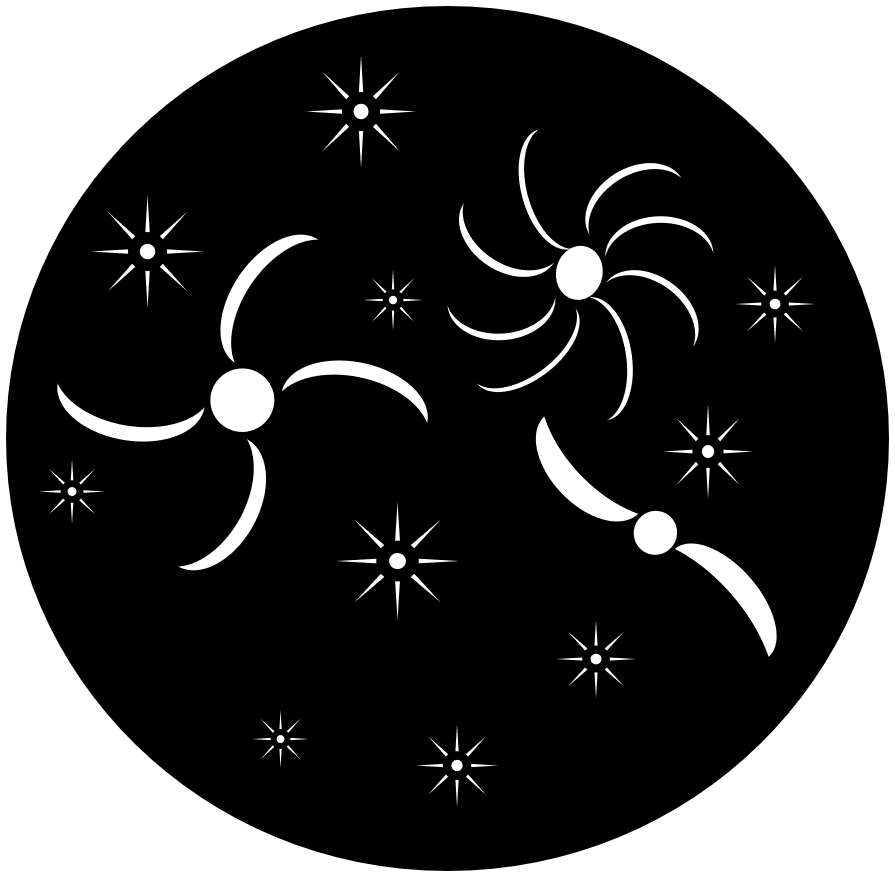
Warning: this post may contain spoilers for NK Jemisin’s The Hundred Thousand Kingdoms, first in the Inheritance Trilogy
Sometimes, as I spend so much time reading thousand year old texts, or epic pieces of more modern literature that top out over a thousand pages, I forget how quick it can be to read what could be a considered a more “normal” book, like the debut fantasy novel I chose here. Unfortunately, reading The Hundred Thousand Kingdoms, I found myself mostly thinking that I was glad for how quickly I was getting through it.
The writing is interesting. I really enjoyed many of the descriptions, and the occasionally disjointed narrative was, in my opinion, a neat way of presenting the story. A lot of books that have a framing story tend to ignore it except for the beginning and ending, so using the asides and interjections to weave the framing story all throughout was an enjoyable way of executing that technique.
Unfortunately, I found that this was only barely enough to keep me reading. My biggest problem with the novel was its protagonist, whom I found whiny, spoiled, entitled, arrogant, and kind of useless. I’m all for characters who are “real” and have flaws, but I found Yeine to be grating, and I’m really not sure what purpose she served in the plot. This was really a story of gods, and she just sort of happened to be along for the ride. It’s never a good sign if you could improve a first person narrative by removing the narrator.
A lot of the reviews included in the book lauded it as “highly original.” Maybe I’ve just read a lot of books, but it didn’t really feel all that original to me. In fact, somewhat the opposite. The gods were somewhat interesting, but I wouldn’t really say they were original. I know there’s the whole “nothing new under the sun” thing, and maybe this wouldn’t have bothered me if the reviews in the book hasn’t been so ebullient over its originality (this is why I don’t read a lot of reviews before reading something), but I would have a hard time separating this from any number of similar middling fantasy books I’ve read.
I do feel guilty being so harsh on a book into which I am certain the author put a great deal of time and effort and emotion (it was ever so much easier to critique a book when I couldn’t easily see myself on the receiving end of the critiques). There were some interesting elements, and the characters of the two warring sibling gods were interesting and well written. The mysteries in the story were also interesting, even if I probably figured out what had happened and how things were going to play out earlier than I was supposed to. I don’t regret picking it up, but I don’t think I’ll be reading the next book in the trilogy.

One thought on “The Hundred Thousand Kingdoms Review”